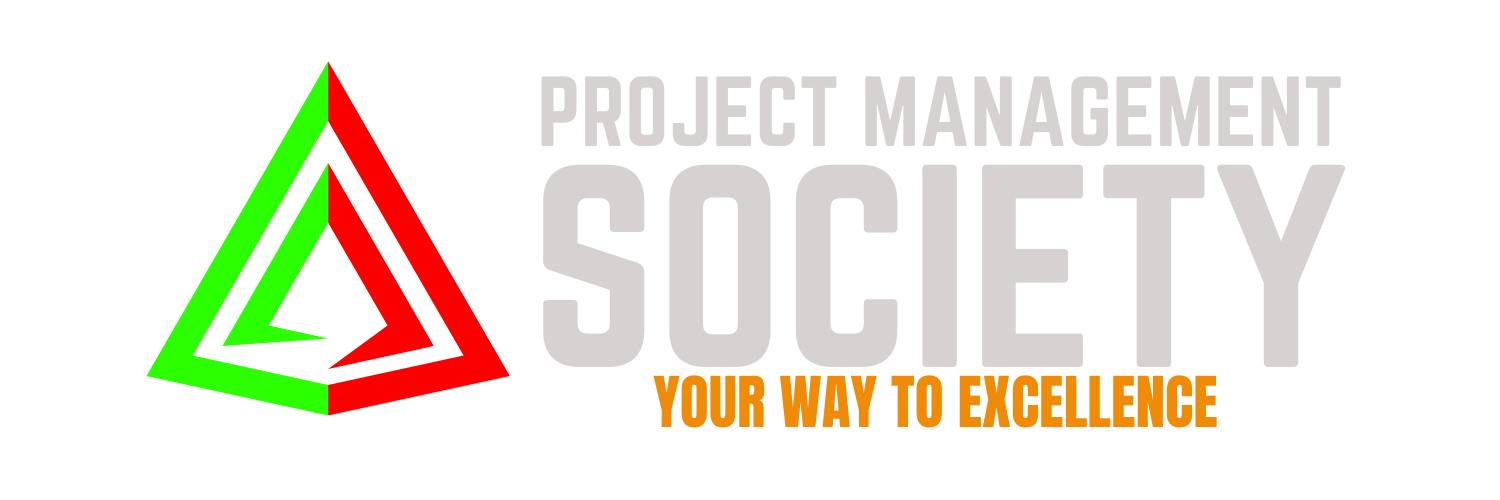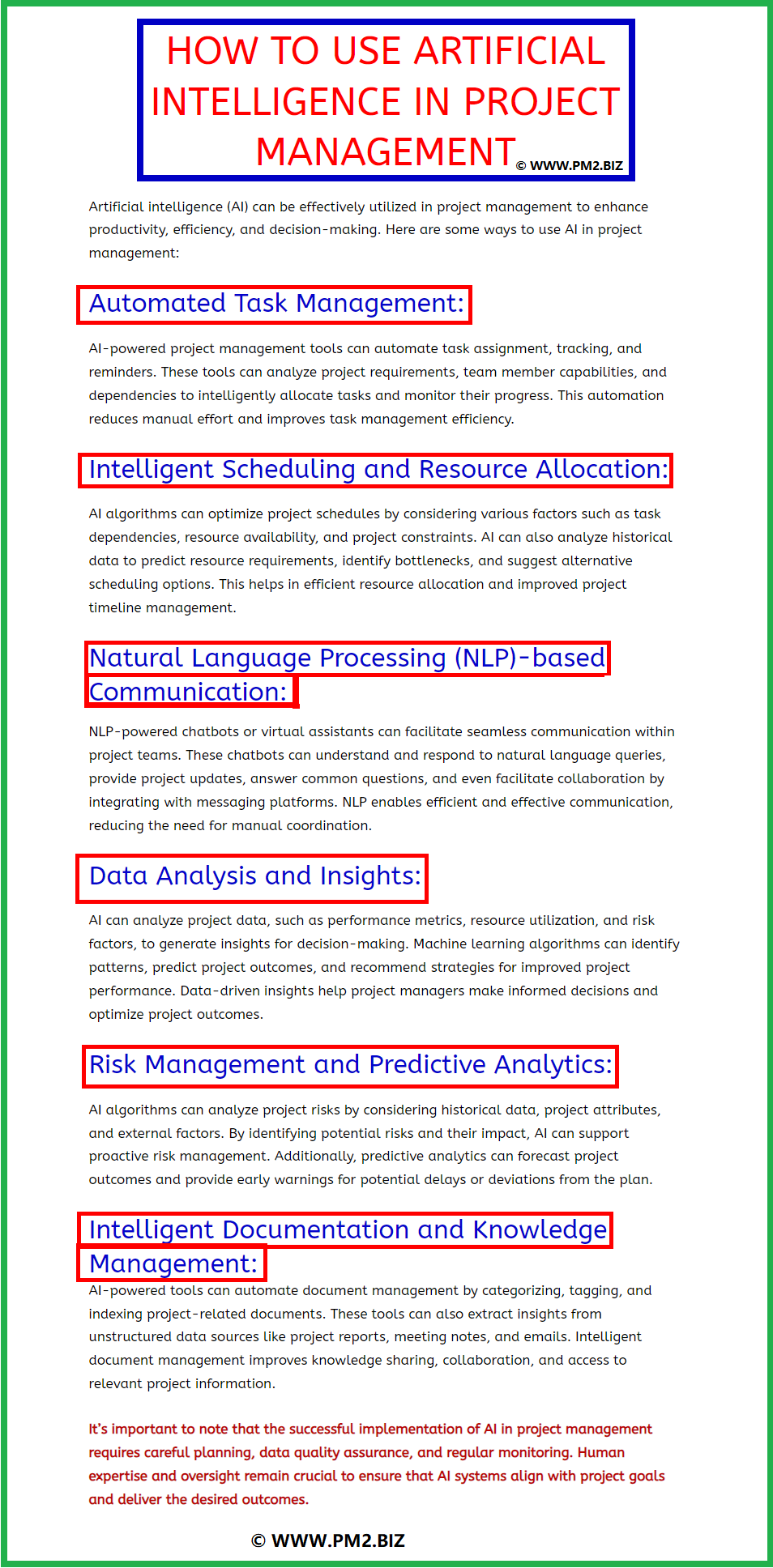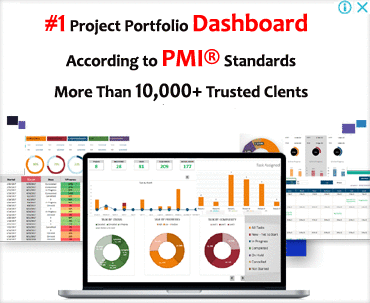HOW TO USE ARTIFICIAL INTELLIGENCE IN PROJECT MANAGEMENT
Artificial intelligence (AI) can be effectively utilized in project management to enhance productivity, efficiency, and decision-making. Here are some ways to use AI in project management:
Automated Task Management:
AI-powered project management tools can automate task assignment, tracking, and reminders. These tools can analyze project requirements, team member capabilities, and dependencies to intelligently allocate tasks and monitor their progress. This automation reduces manual effort and improves task management efficiency.
Intelligent Scheduling and Resource Allocation:
AI algorithms can optimize project schedules by considering various factors such as task dependencies, resource availability, and project constraints. AI can also analyze historical data to predict resource requirements, identify bottlenecks, and suggest alternative scheduling options. This helps in efficient resource allocation and improved project timeline management.
Natural Language Processing (NLP)-based Communication:
NLP-powered chatbots or virtual assistants can facilitate seamless communication within project teams. These chatbots can understand and respond to natural language queries, provide project updates, answer common questions, and even facilitate collaboration by integrating with messaging platforms. NLP enables efficient and effective communication, reducing the need for manual coordination.
Data Analysis and Insights:
AI can analyze project data, such as performance metrics, resource utilization, and risk factors, to generate insights for decision-making. Machine learning algorithms can identify patterns, predict project outcomes, and recommend strategies for improved project performance. Data-driven insights help project managers make informed decisions and optimize project outcomes.
Risk Management and Predictive Analytics:
AI algorithms can analyze project risks by considering historical data, project attributes, and external factors. By identifying potential risks and their impact, AI can support proactive risk management. Additionally, predictive analytics can forecast project outcomes and provide early warnings for potential delays or deviations from the plan.
Intelligent Documentation and Knowledge Management:
AI-powered tools can automate document management by categorizing, tagging, and indexing project-related documents. These tools can also extract insights from unstructured data sources like project reports, meeting notes, and emails. Intelligent document management improves knowledge sharing, collaboration, and access to relevant project information.
It’s important to note that the successful implementation of AI in project management requires careful planning, data quality assurance, and regular monitoring. Human expertise and oversight remain crucial to ensure that AI systems align with project goals and deliver the desired outcomes.





Nice